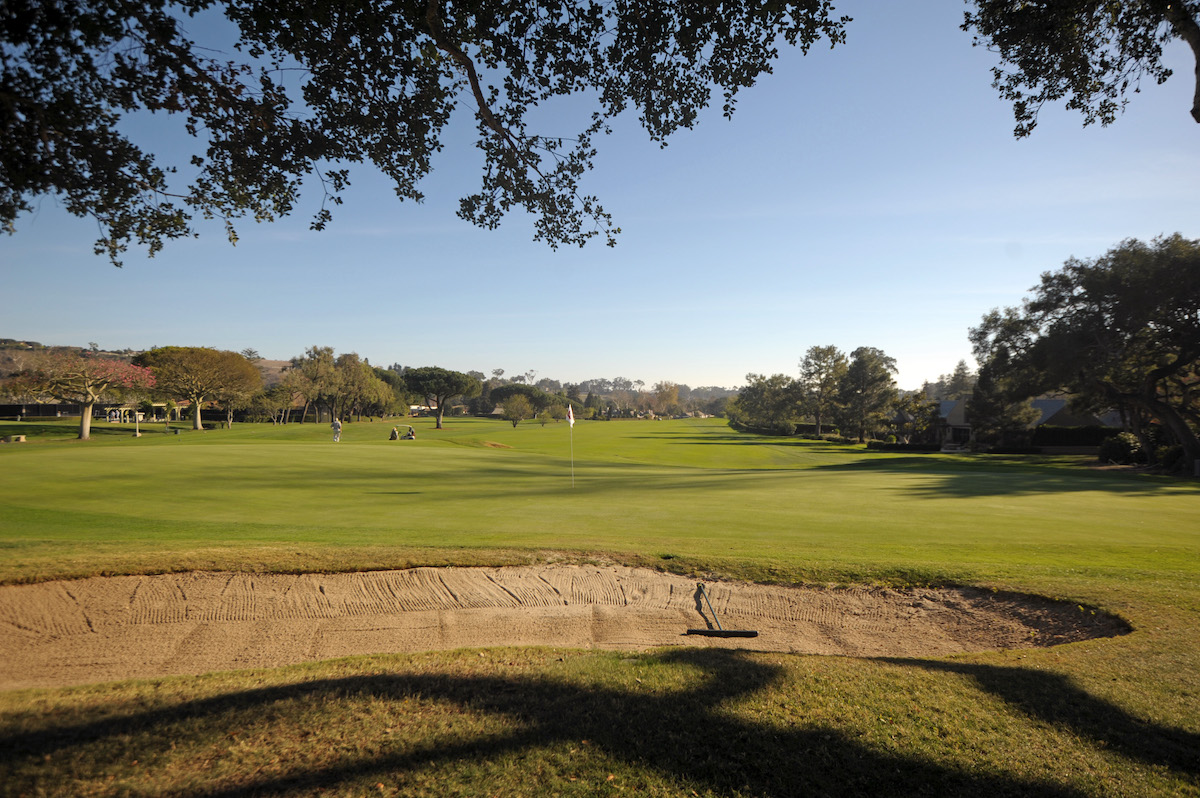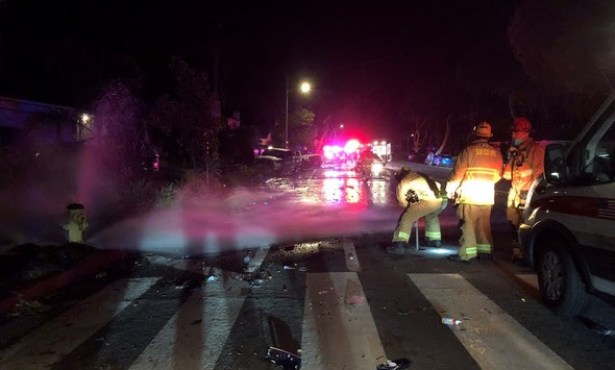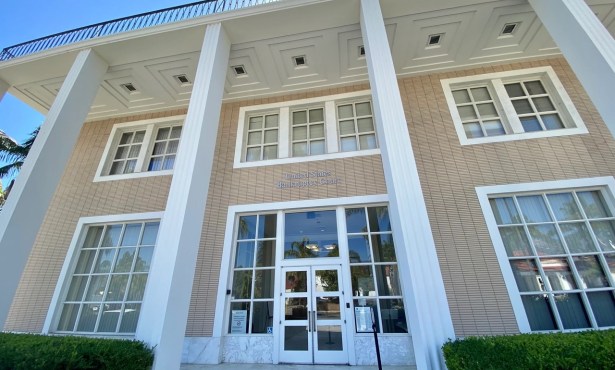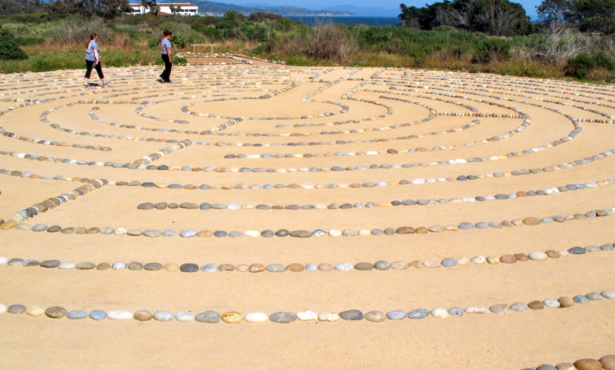Golfers Go Head-to-Head in Multimillion-Dollar Lawsuit
Dispute over Golf-Club-Inflicted Head Injury at Montecito's Birnam Wood Still in Court Five Years Later

A tragic, life-altering accident due to an errant golf swing or a conniving scheme to separate an innocent man from $5.5 million? For the past five years, Alan Cerf and William Woodward, two longtime golfers, have been duking it out in and outside of civil court after Woodward accidentally hit Cerf on the side of the head with a golf club at the Birnam Wood driving range in Montecito on December 4, 2016. The two sides have tossed discovery disputes and trial dates back and forth, with neither side able to agree on the events that took place and the damages that were caused. Yet an end could be in sight as the case appears to be finally heading to a jury trial this September.
According to court documents, Cerf and Woodward were both at the club’s driving range on the day of the incident. Cerf stood in the stall directly behind Woodward and was looking down when Woodward’s golf club collided with the left side of Cerf’s head. On these details, the two sides agree.
According to Cerf’s version of events, Woodward had been swinging his club around in a warmup called the “Baseball Swing Drill,” which involves swinging the club horizontally like a baseball bat, and accidentally hit him on the follow-through. He claims this was done too close to his stall, and that Woodward failed to pay attention to his position. This, Cerf alleges, constituted reckless, careless, and negligent behavior.
Woodward disagrees with this version of events, however. Woodward alleges that he was standing reasonably within his stall and was preparing to hit a golf ball into the range, not performing the warmup drill Cerf described. From his perspective, when he swung back right before hitting the ball, that was when he felt his club collide with Cerf. This alternative series of events would suggest that Woodward was engaging in completely sensible behavior when he accidentally struck Cerf, who Woodward says must have moved too close to his stall. Woodward also points out that Cerf, by his own admission, was looking down at his wedge and golf ball at the time of the incident. Woodward questions how Cerf could know what he did to injure him without seeing it.
Sign up for Indy Today to receive fresh news from Independent.com, in your inbox, every morning.
As to the extent of the damages caused by the incident, Cerf and his team say he was diagnosed with a “diffuse traumatic brain injury” after the accident. In the years since, they claim, his injury has been responsible for the development of post-concussive syndrome, which in turn has caused severe and frequent headaches as well as various cognitive, psychological, and memory-related issues. These have allegedly impaired Cerf’s ability to engage in various activities he had previously enjoyed, like driving his Ferrari. Thus, Cerf wants considerable financial compensation from Woodward for his suffering and hefty medical expenses. That could total more than $5.5 million.
“Alan Cerf is a victim here,” Cerf’s lawyer, Stephen McElroy, said in an interview with the Independent.
Woodward and his lawyers have questioned the nature and extent of Cerf’s injury, however. According to court documents, “Woodward contends there was no brain injury, only a minor head injury that should have been quickly resolved.”
Woodward’s team are skeptical of Cerf’s credibility as a witness. In 2019, Cerf had his license to sell insurance revoked and was fined nearly $50,000 on charges of defrauding senior citizens for 12 years using a process called “churning,” in which an insurance agent earns additional commissions by convincing clients to switch policies and pay substantial surrender fees. Woodward’s team sees this as a possible blow to Cerf’s credibility.
“Because the parties will offer two very different versions about how the accident occurred, it will be up to the jury to decide who they believe,” Woodward’s lawyer, Craig Livingston, explained in an email correspondence with the Independent. “Evidence reflecting on their respective credibility will therefore be an important aspect of the trial.”
But according to McElroy, Cerf’s license revocation “absolutely has no relationship to this case whatsoever.” He later stated the original complaint against Cerf was found to be unjustified but was blown out of proportion by “an overly zealous department investigator.” Cerf struggled to represent himself at his hearing due to his brain injury and ultimately decided it wasn’t worth it to appeal the case; he couldn’t continue to work anyway due to the brain injury. Before the trial begins, it will be decided whether Cerf’s license revocation is relevant evidence.
But how has this case gone on for five years? The trial was postponed three different times in 2018 and 2019 for miscellaneous reasons, including “calendar conflicts, family illness, and the withdrawal of Cerf’s prior attorneys,” according to Livingston. The case was then going to go to trial in April 2020, but the pandemic hit, delaying all trials. As 2022 began, the dispute looked as if it would finally go before a jury, but one of Woodward’s medical experts suddenly passed away, so the trial was delayed yet again as a new expert had to be found.
Most recently, Cerf’s and Woodward’s teams have butted heads over the confidentiality of potential evidence obtained by private investigators working for Woodward’s side. However, both sides expect to have this latest wrinkle ironed out before September 19, when the half-decade-long case is scheduled to finally go before a jury and be decided once and for all.
Support the Santa Barbara Independent through a long-term or a single contribution.



